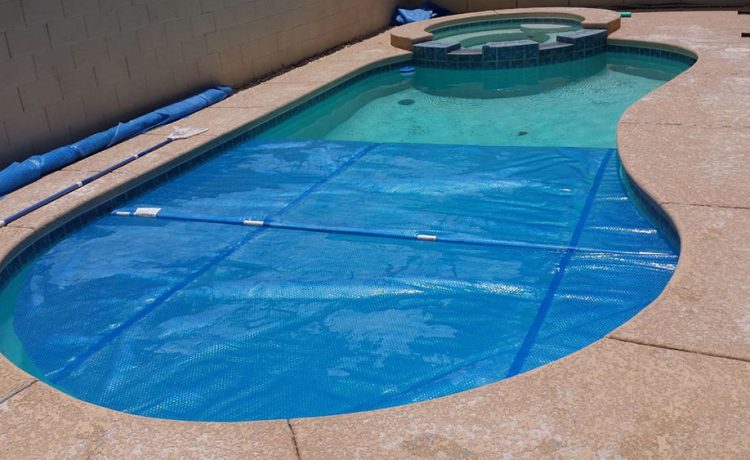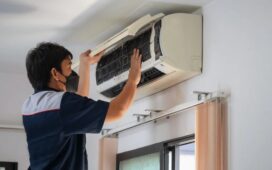If the water in your pool has an appropriate temperature, then you will be more encouraged to swim in it. In doing so, you will be able to maximise the use of your investment, regardless of the weather or season. In this case, below are some of the most viable ways to heat your pool.
Leverage Solar Energy
One of the most sustainable ways of heating your pool pumps is through the use of solar energy. In this case, solar panels used for swimming pool heating are either mounted on your roof or the ground, as long as your space permits. Apart from solar panels though, you also have the option of using solar mats or dome-shaped solar collectors to harness the energy from the sun. Just keep in mind that solar mats, as well as dome-shaped solar collectors, are more suitable for smaller pools.
One of the primary advantages of using solar energy to heat the water in your pool is a minimal consumption cost if any at all. However, you may need to shell out a certain sum upfront to have a solar water heater installed for your pool. But from there, you will no longer incur any monthly cost for the energy you consume to heat the water in your pool since the use of the sun’s energy comes free.
Use a Heat Pump
Aside from solar energy, you can also utilise a heat pump to raise the temperature level of your pool to a comfortable level. Since a heat pump doesn’t rely on the energy from the sun, you will be able to use it regardless of the weather condition or the season. Perhaps this is the reason why a heat pump is one of the most popular ways to heat a pool. Alongside this, contemporary heat pumps are now designed to be generally noise-free and most are already suitable for large swimming pools.
Heat pumps are also more environmentally friendly compared to the use of gas or fuel pool heating systems. Furthermore, most heat pumps are durable too, with a lifespan of several years with the proper use and maintenance. Perhaps the only drawback in using a heat pump is the lucrative amount that you have to initially pay to purchase a unit.
Heat Exchanger
There is also the option for you to use a heat exchanger to warm the water in your swimming pool. Heat exchangers are usually made from titanium, with the capability of heating a large pool quickly. It is often the case that a heat exchanger is connected to the residential heating system, making it inexpensive and easy to set up. However, if you often use it, you may need to brace yourself for a jump in your energy consumption.
Pool Design
If you are still within the process of building a pool for your home, make sure that its design will make it easy for you to heat the water later on. In this case, think about pool insulation to reduce heat loss. In parallel to this, make sure that you optimise your pool’s mechanical systems such as your pool pump and filtration. Even the location of your pool, as well as the colours you dress it with, can affect the natural way of how your pool keeps the temperature of the water.
Final Word
Leverage one of the methods listed above to raise the temperature of the water in your pool to a comfortable level, allowing you to swim regardless of the temperature outside. In this way, you will be able to maximise the utilisation of the pool that you have incorporated in your home. Just make sure to maintain your pool’s heating unit regularly to ensure that it works efficiently for a long period of time.


















